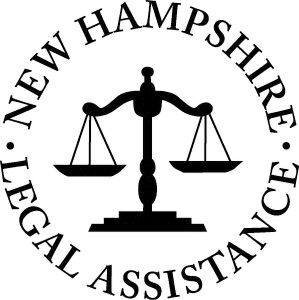Fair Housing Act Protections for Recovery Homes
The Fair Housing Act Amendments of 1988 created housing protections for people with disabilities so they would not be denied housing due to their disabilities. One of several areas where people with disabilities face discrimination in housing are in situations where municipalities seek to stop the construction or operation of group homes such as recovery homes in their communities. These homes seek to provide congregate living spaces to assist people in their recovery from substance use disorder, a disability covered by the Fair Housing Act.
When Congress passed the Fair Housing Act Amendments in 1988 they were acutely aware of the threat of discrimination posed to people with disabilities living in group homes. Previous legal challenges to municipal land use policies that discriminated against groups of persons with disabilities had entered the national consciousness at the same time as disability advocates were pushing Congress for new housing protections. As such this formed part of the impetus behind passing housing protections for people with disabilities in the Fair Housing Act Amendments.
As a result, Zoning laws that disproportionately affect individuals with disabilities, such as those recovering from substance use disorder, may constitute discrimination under the Fair Housing Act. Thus, municipalities must apply their zoning laws in a manner that does not prevent access to housing based on a person or group’s disabilities, including those seeking housing in recovery homes.
Since the Fair Housing Act Amendments went into effect in 1988, the act has been used to challenge a number of discriminatory municipal zoning and housing policies such as:
Single-family zoning or other rules that prevents a group home from locating in an area where only traditional families and small groups of unrelated persons are permitted;
Spacing requirements that forbid operation of a group home closer than a certain minimum distance from another such facility;
Special health and safety rules applicable only to group homes; and
Neighbor-notification provisions and other special procedural requirements applicable only to group homes.
Recently the federal district court in Concord considered a case right here in New Hampshire on this very topic called Calderia, LLC et al v. City of Claremont.
In this case, Calderia, LLC, the owner of a recovery home, filed a lawsuit against Claremont, New Hampshire, alleging that the city’s enforcement of their zoning ordinances was discriminatory. The city had effectively blocked the operation of a sober living facility—a recovery house—by seeking to enforce zoning code regulations of which the city asserted the recovery house was in violation.
The plaintiffs argued that Claremont’s actions were discriminatory because they denied the facility’s ability to operate, which impacted their residents who were all individuals with substance use disorder, violating the Fair Housing Act. The City, on the other hand, claimed that their actions were based on legitimate neutral enforcement of their zoning regulations, rather than any form of discrimination.
The court preliminarily ruled in favor of Calderia, LLC, finding that Claremont's actions violated the Fair Housing Act's protections for people with disabilities. Specifically, the court determined that zoning decisions that disproportionately impact individuals with substance use disorder could amount to discrimination, that the City had denied a request by the recovery home for a reasonable accommodation, and that the City engaged in selective and targeted zoning enforcement against the recovery house due to their disabled occupants. Litigation in the case remains ongoing.
Disability discrimination can come in many shapes and forms. New Hampshire Legal Assistance’s Fair Housing project helps tenants facing housing discrimination and eviction. If you or someone you know has experienced disability discrimination in housing contact NHLA’s Fair Housing project at 1-800-921-1115 to see if we can assist you.

